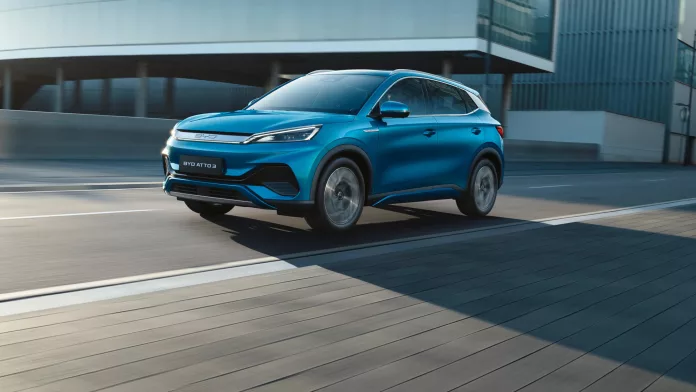Recent data indicates that New Zealand’s electric vehicle (EV) market is experiencing a mild slump in its growth trajectory. Optimism remains for a revival post-policy adjustments, but February 2024 saw a continuation of moderate sales after the decline in January.
EV Sales Analysis: February 2024
The latest figures, while not dismal, reflect a market grappling with a soft recovery. With electric vehicles making up about 4.1% of all light vehicle sales and a slightly brighter picture for sedans at 8.9%, the indication is that there’s ample room for growth, particularly amongst electric utility vehicles (utes). These percentages are considerably down from the over 27% average seen in 2023.
In February alone, 747 plug-in vehicles joined the New Zealand fleet, more than double the previous month’s battery electric vehicles (BEVs) at 482, while plug-in hybrid electric vehicles (PHEVs) held steady at 265. Despite the increase, this growth lags behind the fossil-fueled segment of the market, which doubled as well.
Government Policies and EV Adoption
The clean car discount’s conclusion and the advent of the Road User Charge are essential factors affecting the market dynamics. With over 73,000 pure electric light vehicles and almost 31,000 plug-in hybrids circulating on the roads, the impact of policy changes seems to give the notion that pursuing an EV may not be advantageous – a stark contrast to the previously ambitious goals to trail Norway’s EV leadership.
The Impact on EV Services and Skills
The incremental shift towards electric transportation demands an expansion in the skill set of automotive mechanics, raising questions about who to call when EVs encounter issues. Experts assert that proficiency with the technology is crucial to avoid costly mistakes. Even as plug-less hybrids have a two-decade history, current training must stay abreast of both the newest and vintage tech.
Top Selling Electric Vehicles
Leading the charge in sales are familiar players like Tesla‘s Model Y and newcomers such as the BYD Atto 3, with Tesla maintaining a dominant market share. New Zealand’s eclectic EV assortment encompasses both fresh models and a vibrant used car market, with Nissan Leafs leading in the secondhand segment.
Hybrid and Market Trends
Mitsubishi‘s Outlander reigns in the PHEV category, while hybrids sans plug, particularly Toyota RAV4s, drive a significant portion of the market. Gas-only and diesel vehicles, though still predominant, are witnessing a shift in consumer preference towards electrified options.
The Challenges of Regulation and Infrastructure
Discussions around the Road User Charge introduce complexities related to fairness across vehicle types and could potentially disrupt the transition towards cleaner mobility. With climate change-induced events ravaging New Zealand’s infrastructure, policies that dampen EV adoption raise concerns, and more innovative solutions are sought.
Nonetheless, the overall landscape exhibits glimpses of progress, with Tesla expanding its presence and the removal of obstacles impeding charger accessibility. The full picture of New Zealand’s EV market will reveal itself over time as policies stabilize and consumer habits take shape.


























